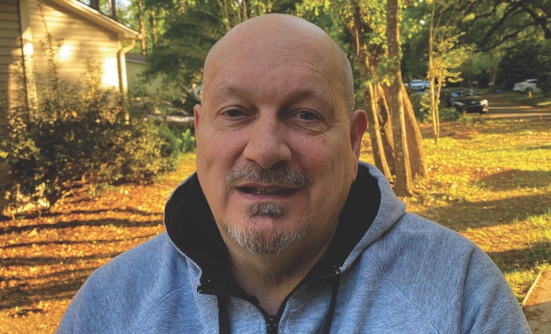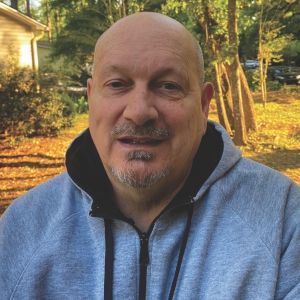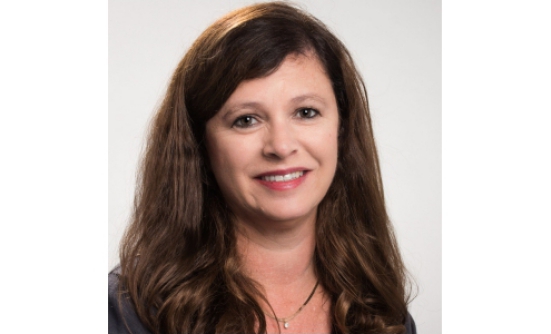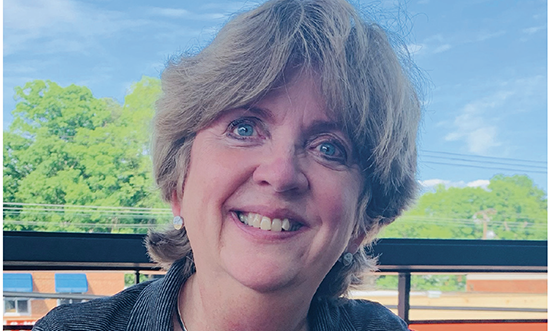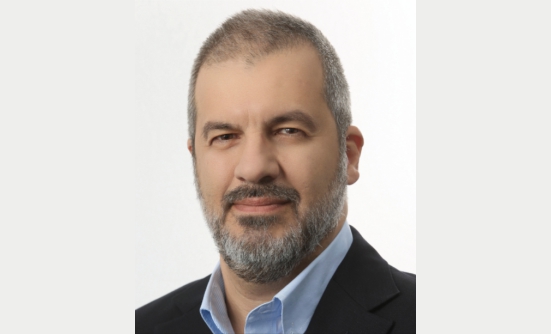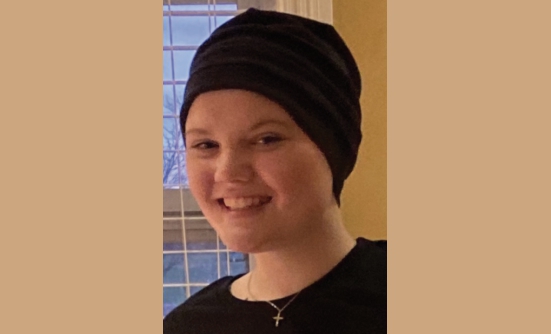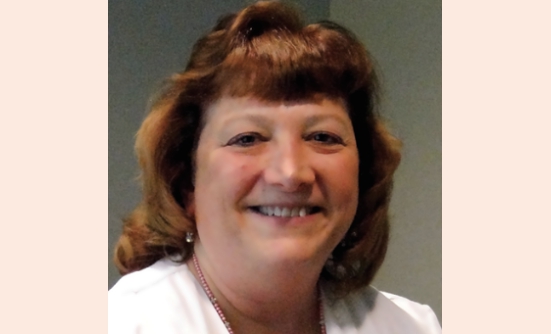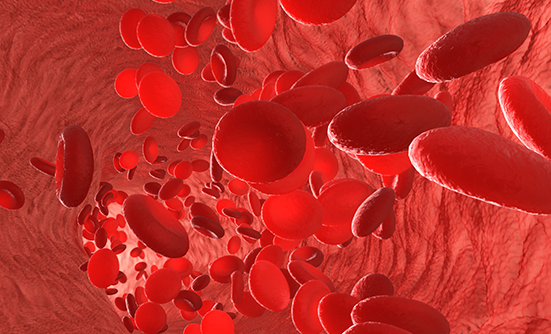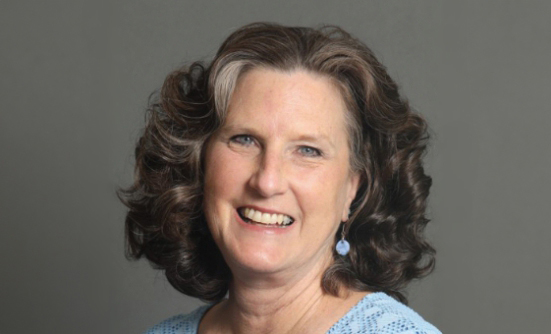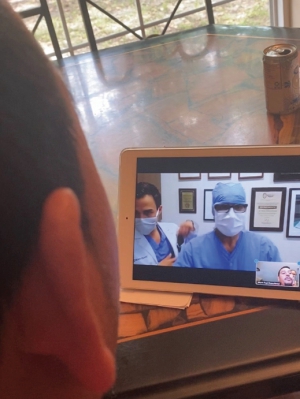
Like many other undocumented immigrants without health insurance, Miguel waited too long to seek much-needed medical attention. He continued to work through progressively worsening physical symptoms, including dizziness, partial facial paralysis, and eye pain.
Miguel, a hard-working handyman, painted, pressure washed, fixed plumbing leaks, resolved electrical problems, and trimmed trees until one day, when his condition had deteriorated to the point that he could no longer do the job, he reached out for help.
Miguel paid cash for a doctor’s visit, and then for the recommended MRI (magnetic resonance imaging) of the brain.
Disturbing News
In his follow-up appointment, the doctor delivered disturbing news: the MRI report showed a 6.5-millimeter mass. The radiologist had noted that the mass could be an acoustic neuroma (a benign tumor), or meningioma. Meningiomas are tumors that grow from the membranes covering the brain and spinal cord, and can be benign or malignant. Malignant meningiomas are rare, but they can spread directly to the brain in the form of a malignant brain tumor.
Miguel was devastated and his mind raced with negative thoughts. A brain tumor, possibly malignant. How long do I have to live? Where can an undocumented immigrant go for brain surgery? What’s the out-of-pocket cost?
He knew that if he couldn’t work, he would not be able to send money back to his family in San Salvador.
Dr. Q
Although he had no health insurance, friends suggested to Miguel to contact Alfredo Quinones-Hinojosa, MD (better known as Dr. Q), at the Mayo Clinic in Jacksonville, Florida, to find out about his treatment options. Miguel figured that there was no way he could afford to see the famous neurosurgeon. But when he contacted Dr. Q, the neurosurgeon was immediately receptive, perhaps because of their similar backgrounds.
As a teenager, Dr. Q had jumped an 18-foot fence from Mexico to California—where he worked illegally as an undocumented migrant worker in the San Joaquin Valley. He was living in a trailer similar to Miguel’s trailer. He worked long hours, but also found time to immerse himself in academic pursuits, eventually earning a US citizenship and a medical degree (with honors) from Harvard Medical School.
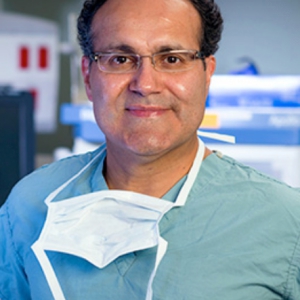
In a New York Times interview with Dr. Quinones-Hinojosa titled “A Surgeon’s Path from Migrant Fields to Operating Room,” Dr. Q described his past and the events that led him to where he is today, saying: “Some years later, I was sitting at a lunch table with colleagues at Harvard Medical School. Someone asked how I’d come to Harvard. ‘I hopped the fence,’ I said. Everyone laughed. They thought I was joking.”1
So, Dr. Q, who these days is the William J. and Charles H. Mayo Professor and Chair of the Department of Neurologic Surgery at the Mayo Clinic in Jacksonville, scheduled Miguel for a free consultation. His staff compiled a thorough history of Miguel via phone, and the radiologist’s MRI disk was forwarded to the Mayo Clinic for analysis.
Unexpected Findings
During a videoconference in August 2020, the neurosurgeon shocked Miguel with unexpected great news: he said that he saw no brain mass, and told Miguel he had no reason for concern and no reason for further testing. Dr. Q told Miguel he suspected that his health problems were the result of occipital neuralgia, which is nerve pain that affects the head and neck and can present with symptoms similar to some brain tumors. Miguel had described a job that required him to stand in place at a precarious angle for many hours while painting a ceiling, which could have been the source for such symptoms.
How is it possible, you may ask, that the assessment by Dr. Q and the MRI report possibly be so different? As Dr. Q explained, “Sometimes the radiologists, they tend to overcall things.”
Miguel was happy to accept Dr. Q’s evaluation and had no interest in getting another opinion. He was moving on, following Dr. Q’s advice to continue with rest and a pain-management regimen. Weekly acupuncture sessions were also planned. And, following Dr. Q’s advice, Miguel was going to be more selective in choosing jobs when he returned to work. No more extended hours painting ceilings.
Healthcare Is a Human Right
Miguel felt that he had a new lease on life. He believed that even if he had a brain tumor, or brain cancer, Dr. Q—his medical handyman—would fix it.
Ruth Faden, PhD, MPH, founder of John Hopkins Berman Institute of Bioethics, believes that illegal immigrants like Miguel, who have violated US immigration laws, should not benefit from their illegal behaviors, but their right to health insurance coverage should be a basic human right.
In an opinion column published in Kaiser Health News, Dr. Faden wrote, “The problem of illegal immigration should be solved by immigration policy, not health policy. People who are in this country illegally have broken our laws, but the magnitude of their crime does not justify depriving them of the basic right to health care coverage while they are in our midst.”2
Dr. Q and his Mayo Clinic medical colleagues apparently share her opinion.
References
- Dreifus C. A surgeon’s path from migrant fields to operating room. May 13, 2008. New York Times. www.nytimes.com/2008/05/13/science/13conv.html.
- Faden R. Denying care to illegal immigrants raises ethical concerns. Kaiser Health News. December 31, 2009. https://khn.org/news/123109faden/.





